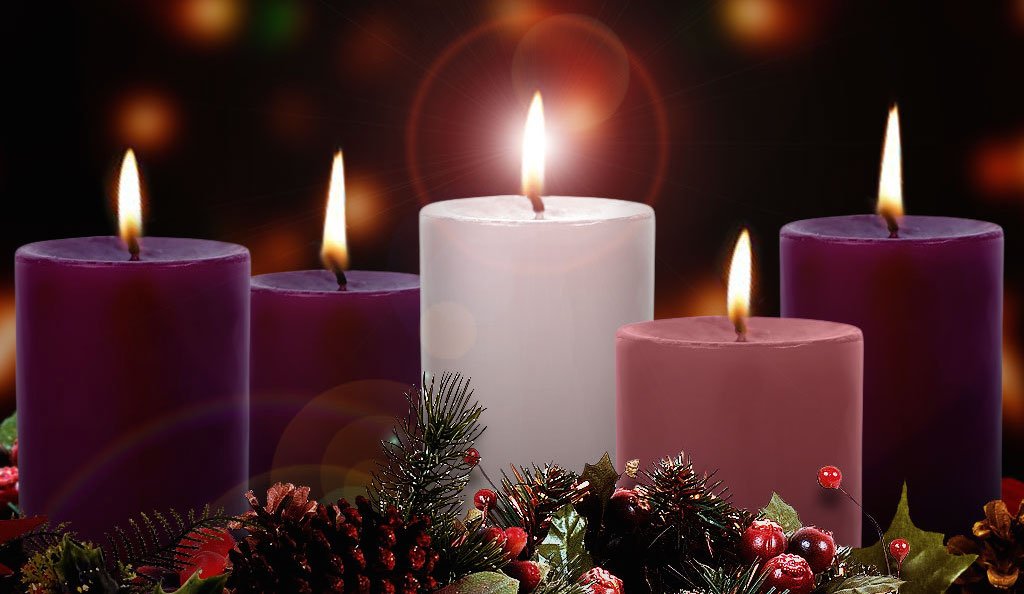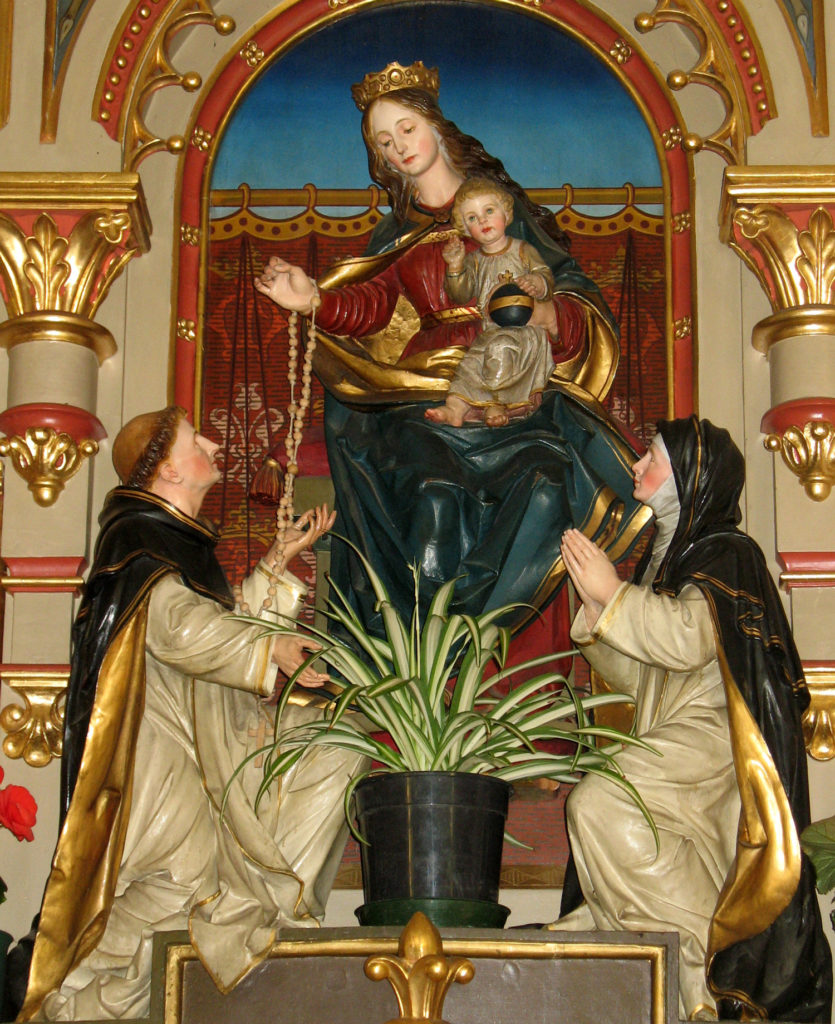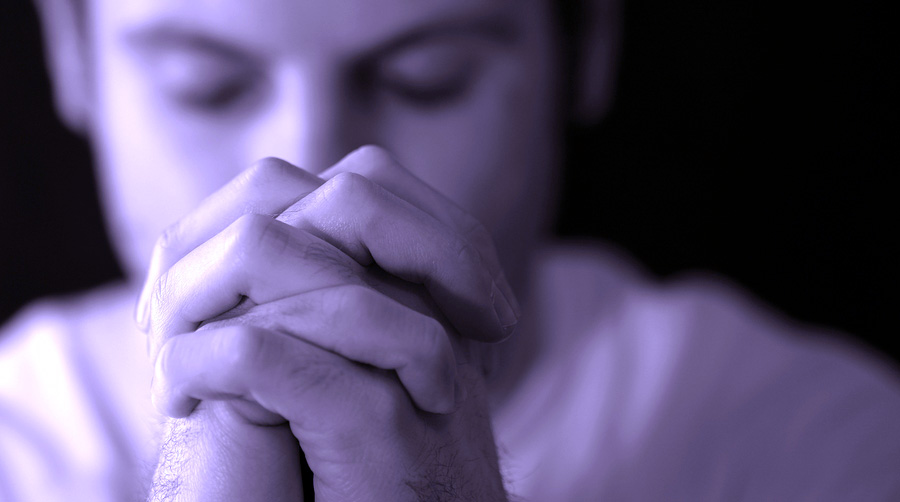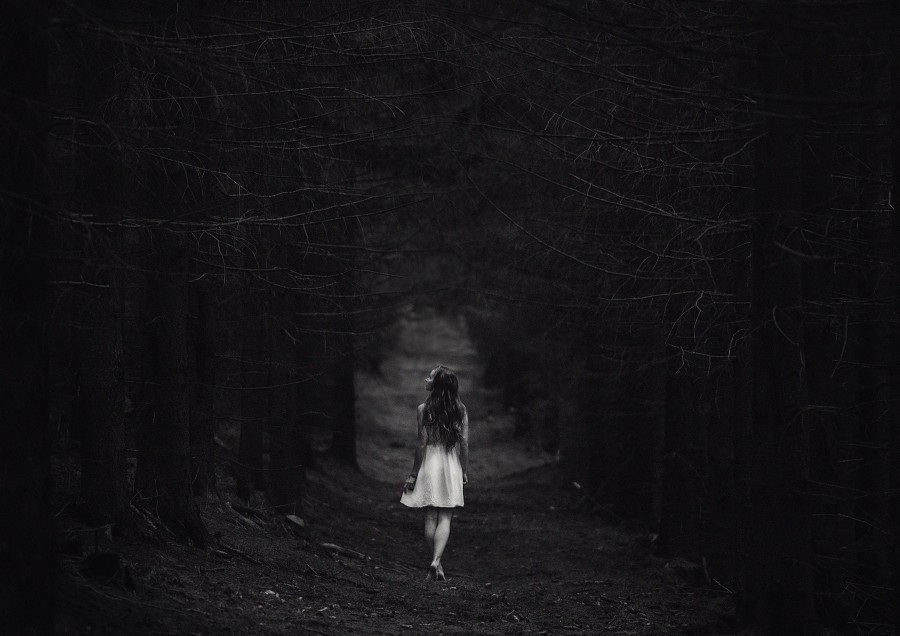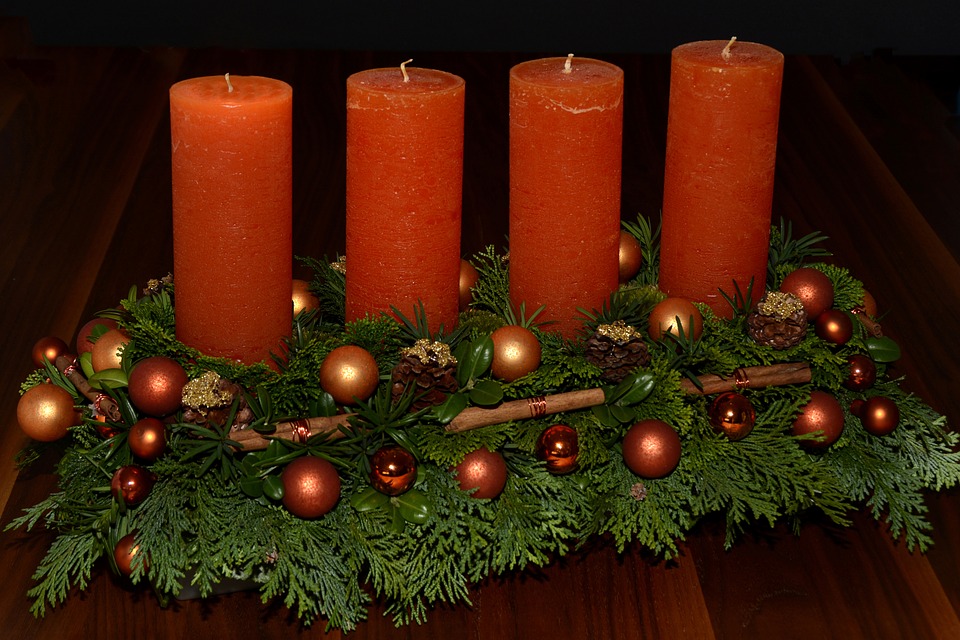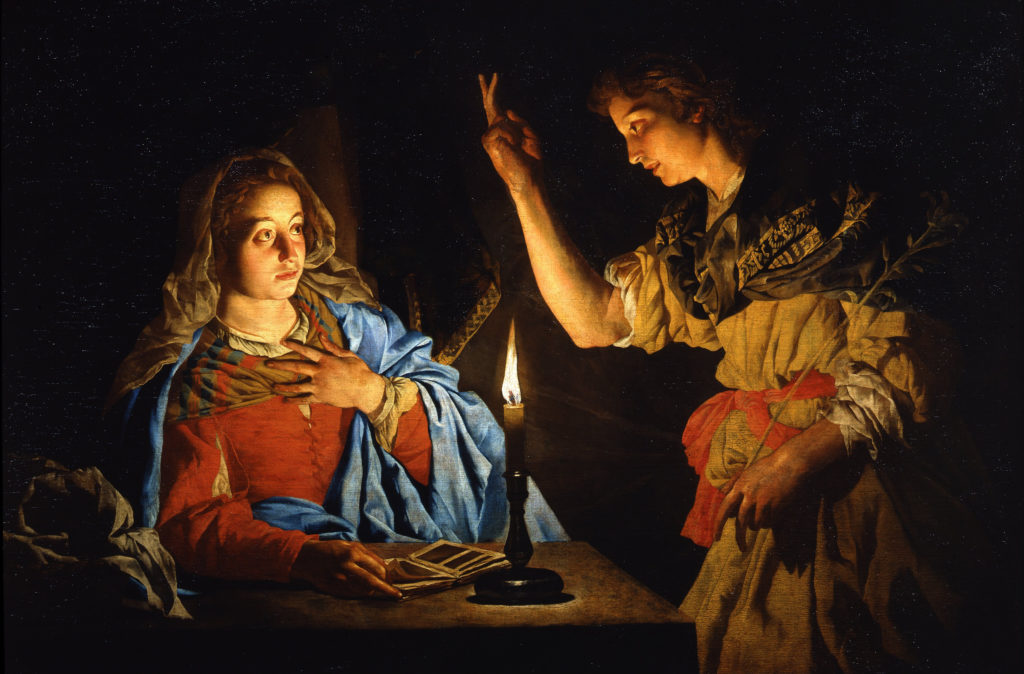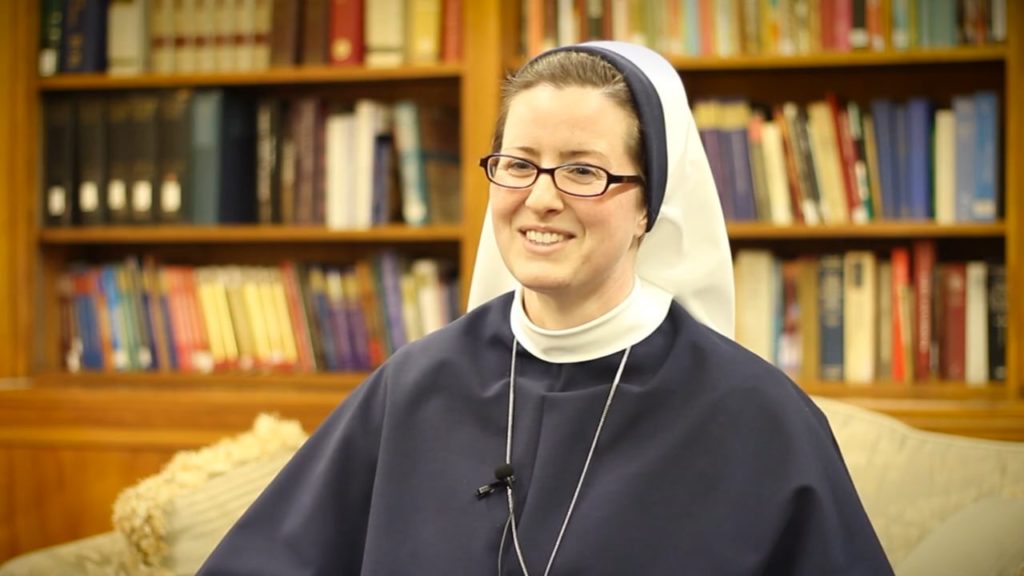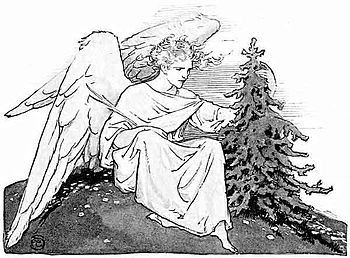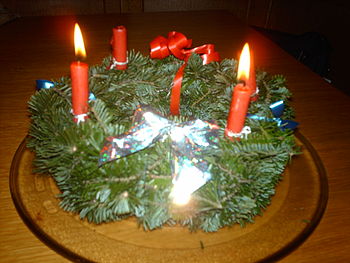Advent: A Time to Get Back to Basics
The Covid-19 pandemic has forced many of us to change our Christmas plans. As stressful and inconvenient as this year may be for many us, maybe there’s a silver lining. We have a chance to see past the usual distractions and better embrace Advent and Christmas for what it really is — a holy time […]
Advent: A Time to Get Back to Basics Read More »

